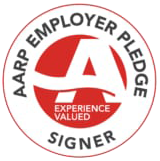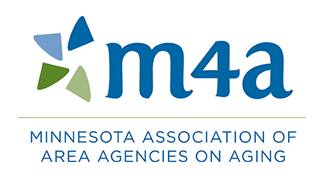The Senior LinkAge Line® continues to be instrumental in helping to provide comprehensive non-biased counseling to Medicare beneficiaries. This is particularly important each year during the Medicare Open Enrollment Period (October 15 – December 7). This fall the Senior LinkAge Line® contact centers once again hired seasonal employees to handle Medicare-related calls during this time.
MNRAAA hired Roger Elmquist, Wayne Johansen and Donna Appel as temporary seasonal employees to work in the Mankato office and Helen Brinks in the Slayton office. All three in the Mankato office have worked for us in the past and we feel fortunate they were all willing to return this year. This is Helen’s first year as a temporary staff person in the Slayton office. They all received extensive training on both Medicare and Medical Assistance, the internet tools necessary for documentation and the protocols for answering calls through the Senior LinkAge Line® system. On October 1st they started on the phones and their work will conclude the third week of December.
The addition of the seasonal staff across the state has been successful in being able to handle the increased call volume and has helped to decrease the call wait time for consumers. In the past, many of the MNRAAA seasonal staff stay on as volunteers after their temporary positions end. We appreciate their help and enjoy the time we get to spend with them each year.
Congratulations to Jamie Lanners (Program Developer) and her husband Galen on the birth of their daughter, Ariana Lynn – 7 lbs 1 oz, 20 inches long. She was born on September 7.




